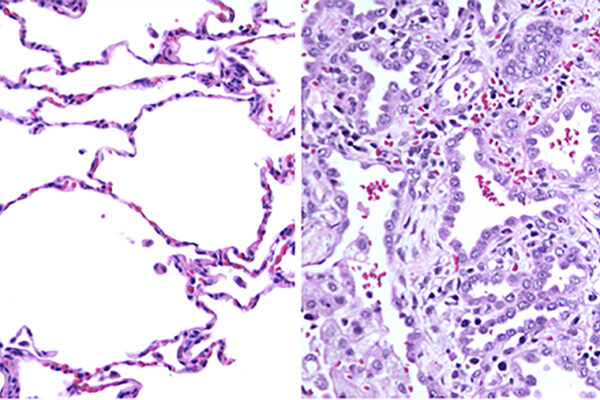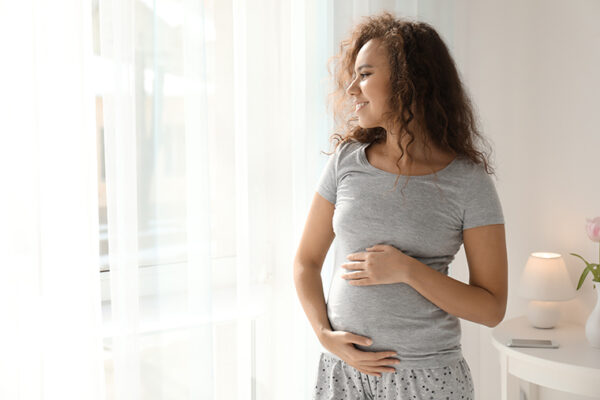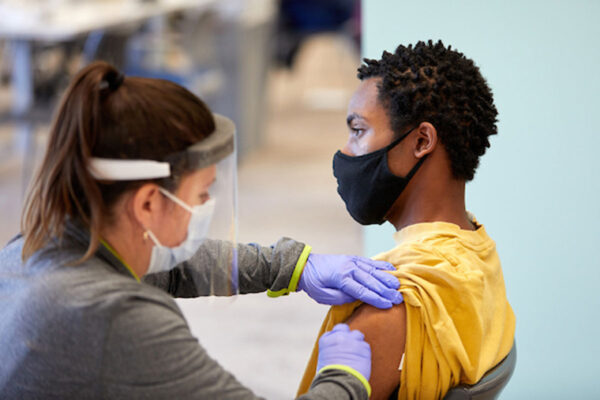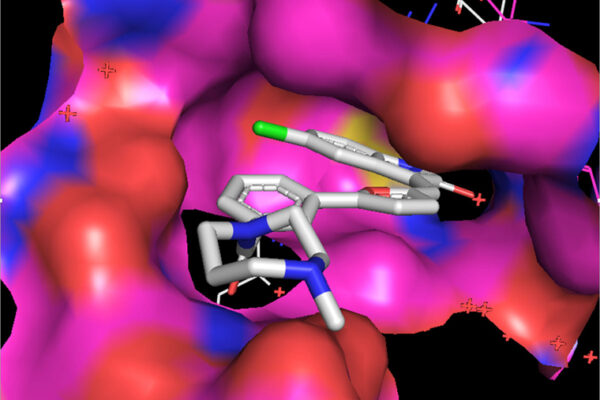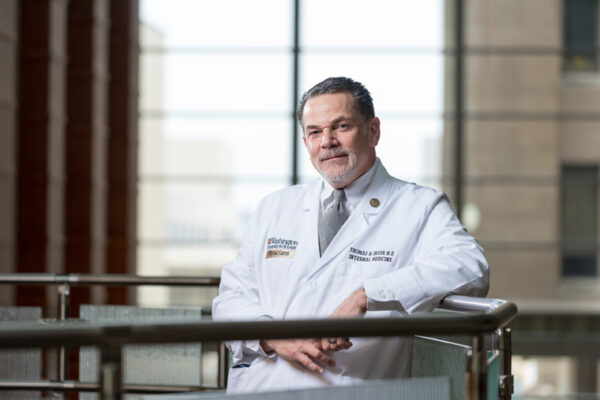Researchers solve medical mystery of deadly illness in young child
New research from Washington University School of Medicine has solved the medical mystery of why a 2-year-old child — seemingly healthy at birth — succumbed to an undiagnosed rare illness.
Home-monitoring program for COVID-19 is effective, bridges digital divide
A home-based health monitoring program developed by Washington University School of Medicine and BJC HealthCare has proven invaluable in helping to track the progress of patients who test positive for the virus but aren’t sick enough to be hospitalized.
Engineering, medical schools partner for women’s health tech initiative
Researchers at the McKelvey School of Engineering and the School of Medicine at Washington University are launching the Women’s Health Technologies Initiative, which will focus on innovative therapies supporting female reproductive health.
Improving health of mothers, infants aim of imaging tech to monitor contractions
Researchers at Washington University School of Medicine have received three grants totaling more than $6.8 million to advance research on a novel imaging system to monitor uterine contractions. The electromyometrial imaging system, called EMMI, was invented and developed at Washington University.
What makes an mRNA vaccine so effective against severe COVID-19?
A new study by researchers at Washington University School of Medicine and St. Jude Children’s Research Hospital helps explain why mRNA vaccines have been so successful at preventing severe disease.
Grants fund drug development for devastating tropical diseases
Researchers at Washington University School of Medicine are working to develop new treatments for two types of devastating parasitic infections common in sub-Saharan Africa and Central and South America: river blindness and intestinal worm infections.
De Fer named director of Division of General Medicine
Thomas M. De Fer, MD, a nationally recognized leader in medical education, has been named director of the Division of General Medicine within the Department of Medicine at Washington University School of Medicine.
International team finds new mechanism critical for formation of membrane vesicles
A collaboration between Washington University in St. Louis, Université de Montréal and McGill University discovers a new importance of biomolecular condensates.
NIH research funding to School of Medicine continues explosive expansion in 2021
Researchers at the School of Medicine were awarded $575.8 million in funding from the National Institutes of Health (NIH) in federal fiscal year 2021, according to the School of Medicine’s 2021 State of the School Report. This is an all-time high for the school.
Covey, Milbrandt, Moran named to National Academy of Inventors
Washington University in St. Louis faculty from the School of Medicine and the McKelvey School of Engineering have been elected fellows of the National Academy of Inventors, the highest professional distinction reserved solely for academic inventors.
Older Stories
